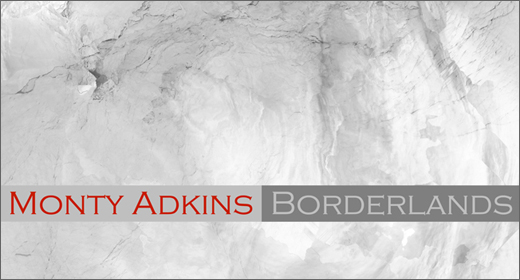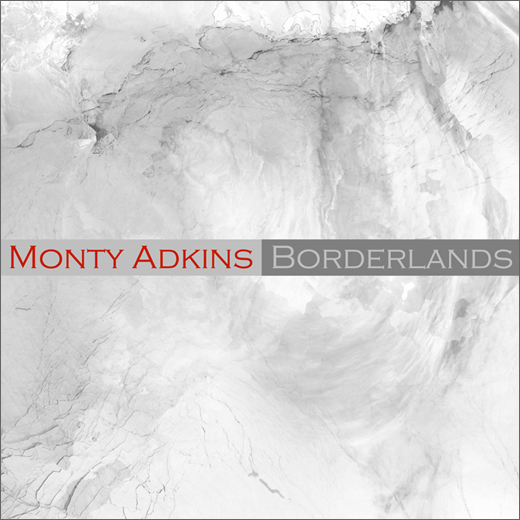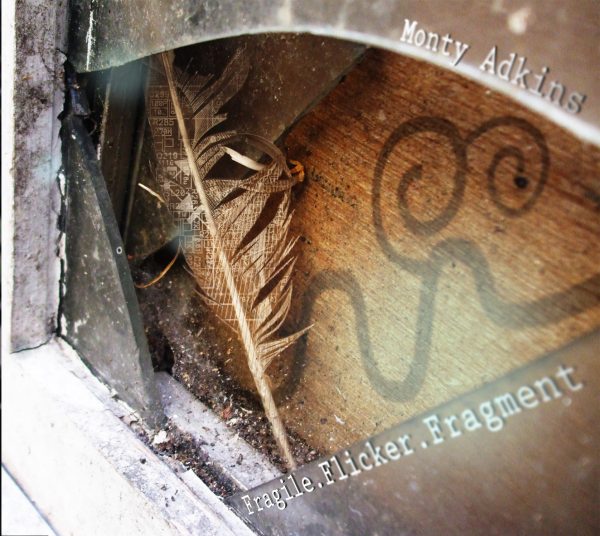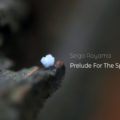From its earliest moments, the melodic lines expand and warmly burr at their edges, overlapping with other lines that explore the higher range of the cello, pushing us to imagine its movement into the treble clef, the thumb tracking and shifting.
In the 37.45 minutes of its winding, wending length, Monty Adkins’ Borderlands, his fourth release with Audiobulb, does everything it can to extend the listening, to immerse the listener through its composed and slowly dilating and compressing cello, performed by William Mace. From its earliest moments, the melodic lines expand and warmly burr at their edges, overlapping with other lines that explore the higher range of the cello, pushing us to imagine its movement into the treble clef, the thumb tracking and shifting.
In listening, you learn to slow and distend your ear, of what you listen to—the melodic line and its emergence and careful, deliberate transformation,—which seems simultaneously to be running at an impossible pace and, yet, impossibly slowly. It is an organic time, the musical language of a bend in the river, of a mountainside and the way that mist drifts noiselessly above and over it.
Along its course, there are tributaries of minor string whose attack and decay drifts equally slowly, albeit at a different tempo, quavering and drawing close to the Cello’s line, before drifting away from it. I was reminded of the different, albeit complementary tempos and rhythms of nature. A mountain that counts time in geological ages, a river that has always run, quickly or slow, though with different water, and the seasonal growth and decay of trees and plants.
Magisterial, organic, haunting. This sustained, carefully textured and complex melody is, simply and rapturously, enchanting. After 37-minutes had run, I had no idea how long I had been sitting in that place, whether it had been moments or hours, whether I had aged or become younger. It didn’t particularly seem to matter.
Borderlands is available on Audiobulb.




















![Luke’s Anger :: Ceiling Walker EP (Love Love) — [concise]](https://igloomag.com/wp/wp-content/uploads/2025/04/lukes-anger-ceiling-walker-vinyl_feat-75x75.jpg)

![Ndorfik & madebyitself :: Solos EP (People Can Listen) — [concise]](https://igloomag.com/wp/wp-content/uploads/2025/04/ndorfik-madebyitself-solos_feat-75x75.jpg)





